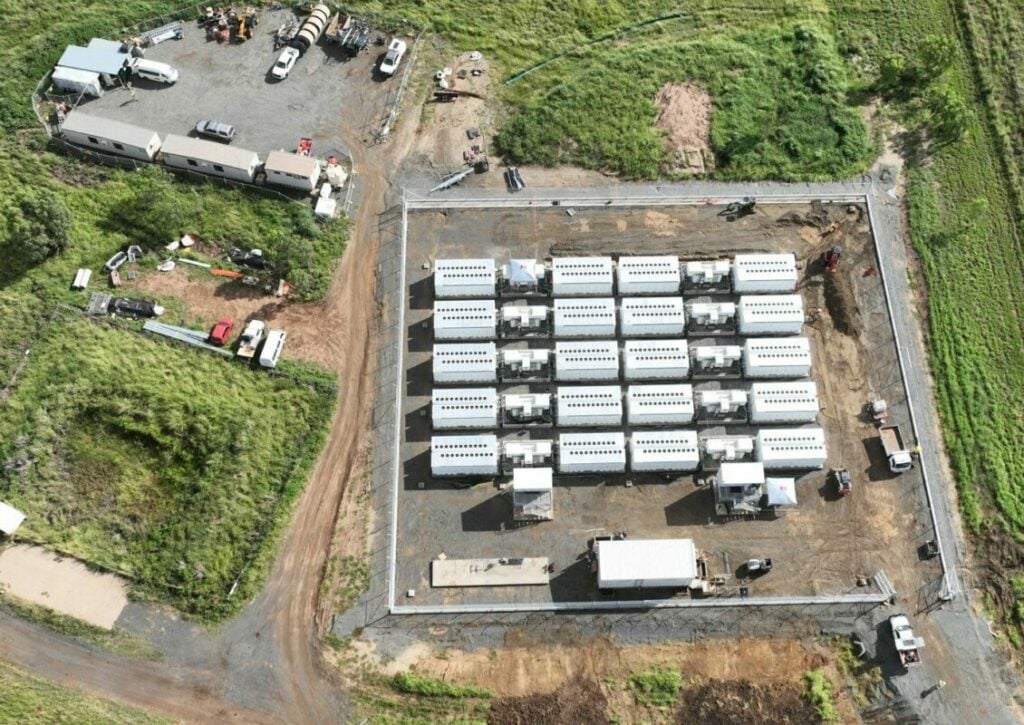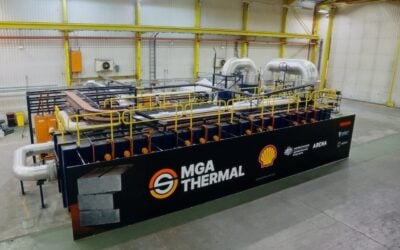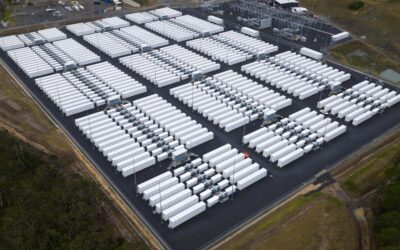
Genex Power has changed plans for its Kidston Hybrid Project in Queensland, Australia, dropping the wind generation capacity to 120MW and incorporating a co-located 150MW/600MWh battery energy storage system (BESS).
Renewable energy and energy storage developer Genex’s project, formerly known as Kidston Wind Project, was initially planned to have 258MW of wind generation capacity. It has now been reconfigured to 270MW spread across the wind turbines and the 4-hour duration BESS.
It will connect to the National Electricity Market (NEM) via a new 275kV transmission line being delivered by Powerlink Queensland.
Genex Power chief executive Craig Francis said the project will support the transition to net zero in Queensland by delivering firm renewable energy generation. Construction is targeted for next year.
Try Premium for just $1
- Full premium access for the first month at only $1
- Converts to an annual rate after 30 days unless cancelled
- Cancel anytime during the trial period
Premium Benefits
- Expert industry analysis and interviews
- Digital access to PV Tech Power journal
- Exclusive event discounts
Or get the full Premium subscription right away
Or continue reading this article for free
“Genex is working toward a target of commencing construction in 2026. “The workstreams for resource monitoring, procurement (BESS, wind turbines, and balance of plant), grid, and both state and federal planning approvals are all well-progressed,” Francis said.
The Kidston Hybrid Project will be a part of the wider AU$777 million (US$503 million) Kidston Clean Energy Hub that Genex is pursuing.
Situated near Georgetown, 270km north-west of Townsville, on the Etheridge River in Far North Queensland, Genex plans to incorporate a range of renewable energy technologies, such as wind, solar, pumped hydro, and now BESS, into the Hub.
Perhaps one of the most significant parts of the wider Kidston Clean Energy Hub is the development of the 250MW/2,000MWh Kidston Stage 2 pumped hydro energy storage (PHES) plant, which is set to become the country’s first new site in nearly 40 years.
Genex Power, which was fully acquired by Japanese power company J-Power in August 2024, is also building the 50MW Kidston Solar Project as part of the Hub. This will feature 540,000 solar PV modules and have an operational lifespan of 30 years.
Genex has several grid-scale energy projects being explored in Australia, many of which are located in Queensland.
This includes the 2GW Bulli Creek Clean Energy Park, which includes plans for a 400MW/1,600MWh BESS co-located with an initial 475MW to 675MW of solar PV generation.
The project would be located about 100km from the city of Toowoomba in southeast Queensland, and subsequent stages would add solar PV generation.
Genex Power brought online its first large-scale BESS, the 50MW/100MWh Bouldercombe project, in late 2023.





